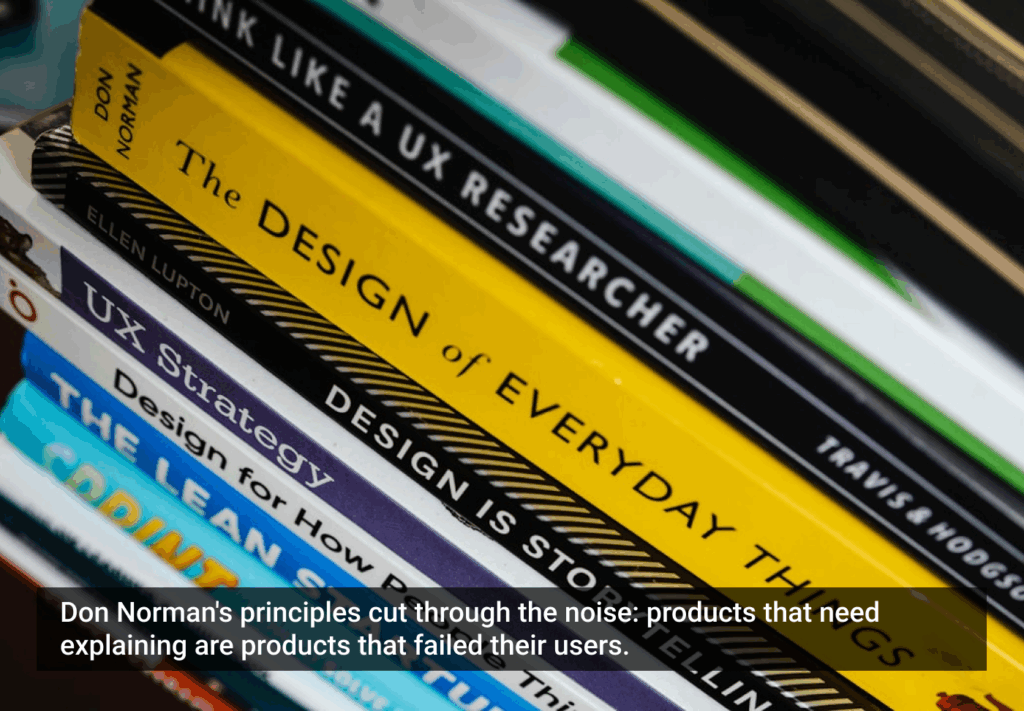We are honored to have Rosenfeld Media as a sponsor of the international Design for Experience awards. Led by Lou Rosenfeld (co-author, with DfE judge Peter Morville, of the seminal resource, Information Architecture for the World Wide Web), Rosenfeld Media regularly publishes books covering all aspects of experience design. They also host events, and curate a roster of experts who are available for teaching and consulting engagements.
The DfE awards is looking for recommendations from the community and Rosenfeld Media is offering a free digital download to those of you who make a valid recommendation. UX is a sprawling field that runs through numerous industries on a global scale and for the Design for Experience awards to represent the best work being done, we need to hear about that work from you.
If you know of any individuals, organizations, or products that demonstrate a thorough understanding of experience design, submit a recommendation using the form on the right, or further down the page on mobile (check out the award categories for inspiration). Be sure to include the name of the company, organization, team, individual, product, or service you’re recommending, along with the reason for the recommendation and your email address.
Recommend someone for a @DfExp award and get a free book from @RosenfeldMedia. Limited supply!
Once we’ve confirmed that your recommendation is valid, we’ll send you a one-time download code for a free digital book from the Rosenfeld Media catalog. There you’ll find titles exploring everything from accessibility, to designing for kids to the interaction design lessons science fiction can teach us). You are encouraged to make as many recommendations as you like, but we can only send one download code per user. There are only 250 downloads available, so make your recommendation now!







